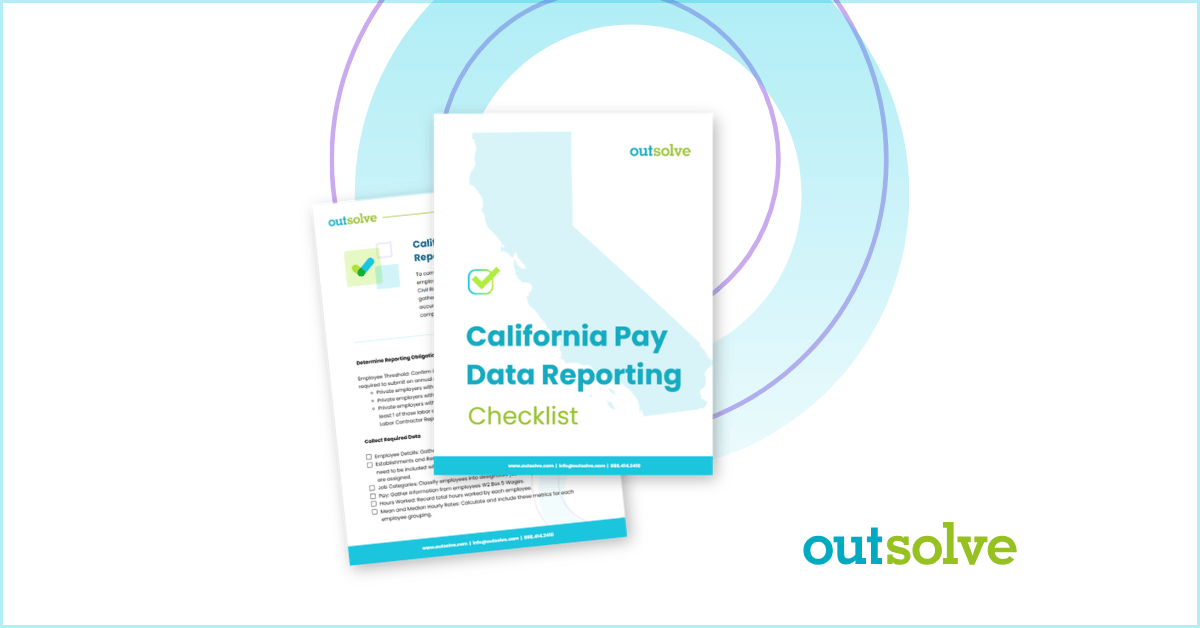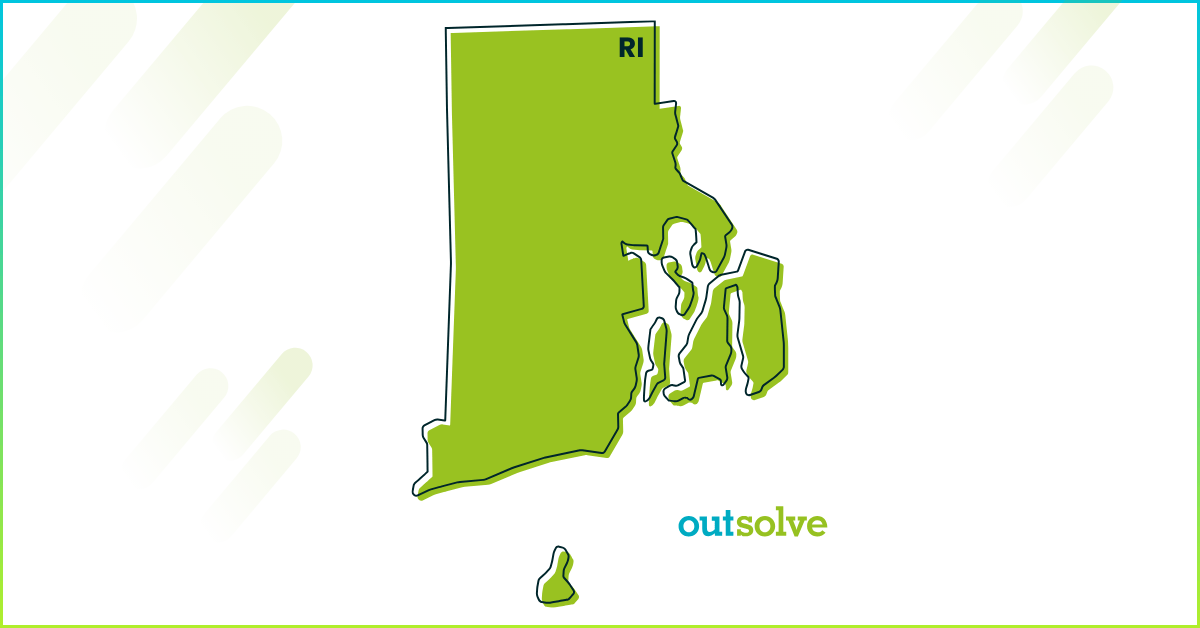June is designated as Pride Month. It originated to commemorate the Stonewall riots that began on June 29, 1969 in New York City. The Stonewall riots refer to a series of demonstrations as a result of a police raid at the Stonewall Inn, a gay bar in Greenwich Village. Police raids on gay bars had been common until that time. However, on the night of June 28, 1969, the community fought back. The riots occurred between June 29, 1969 until July 3, 1969 and resulted in the formation of organizations to fight for gay rights.
Title VII of the Civil Rights Act of 1964 prohibited discrimination on the basis of sex, but there was no mention of discrimination based on sexual orientation or gender identity. Executive Order 11375 prohibited discrimination by Federal agencies against Federal civilian employees based on sexual orientation. And on July 21, 2014, Executive Order 13672 stated Federal agencies could not discriminate against Federal civilian employee based on gender identity. This same Executive Order stated that Federal contractors could not discriminate against employees based on sexual orientation or gender identity. Although the Executive Orders granted protection, if discrimination was found, there may not have been any relief for the complainant under Title VII.
On June 15, 2020, the Supreme Court issued decisions in three cases which dealt with sexual orientation and gender identity in private sector cases. The cases are commonly referred to as the Bostock decision. By issuing this decision, the Court ruled that employers could not discriminate against employees because of their sexual orientation or gender identity. Although the Equal Employment Opportunity Commission (EEOC) had been processing cases due to sexual orientation and gender identity as being covered bases under Title VII of the Civil Rights Act of 1964, as amended, this Supreme Court decision set the precedent which could be used to find discrimination. EEOC’s position had been that, by their very nature, charges filed based on sexual orientation and/or gender identity under Title VII should be covered as sex discrimination.
Bostock v. Clayton County was filed after Mr. Bostock was fired from his position with the county after the county found out he was playing in a gay softball league. He alleged he was fired due to his sexual orientation. The second of the cases, Altitude Express v. Zarda was filed after Mr. Zarda was fired from his position by Altitude Express due to his sexual orientation. The third case, R.G. & G.R. Harris Funeral Homes v. Stephens dealt with Ms. Stephens’ termination after she advised her employer that she would be presenting at work as a female rather than a male.
There has been legislation filed for several years to afford civil rights to LGBTQ+ community. This legislation has not progressed very far through the process of becoming law. The current legislation regarding employment rights for the LGBTQ+ community is the Equality Act. Many state legislatures also have bills pending regarding LGBTQ+ rights. Some of these state bills want to limit the rights afforded to the LGBTQ+ community.
It appears that there is still a long way to go before the LGBTQ+ community is fully protected from discrimination. As employers, we should embrace those in our workforces and celebrate our differences. The world would be a pretty boring place if we were all alike. Perhaps Pride Month would be a good time to present a program about gay rights and struggles.
If you have any questions, please feel free to contact me at (502) 553-7648 or at eeoadvantage@gmail.com.
Founded in 1998, OutSolve has evolved into a premier compliance-driven HR advisory firm, leveraging deep expertise to simplify complex regulatory landscapes for businesses of all sizes. With a comprehensive suite of solutions encompassing HR compliance, workforce analytics, and risk mitigation consulting, OutSolve empowers organizations to navigate the intricate world of employment regulations with confidence.
Weekly OutLook
Featured Posts

5 Key Compliance Items HR Can’t Afford to Ignore

HR Compliance Checklist: What Every HR Pro Needs to Know
Related Posts
.png)
Beat the Rush: Outsource Federal Reporting Requirements in Q1
The beginning of the year usually feels like a fresh start that brings new business initiatives, goals, and strategies. The work you do between...

California Pay Data Report Checklist for HR Professionals
With changes regarding California pay data reporting taking effect in 2026 and 2027, this is the checklist you need to stay confident that you've got...

What You Need to Know About the Rhode Island Pay Transparency Law
Pay transparency continues to gain traction at the state level, and Rhode Island is no exception. Let’s dive into the details of how this law works...
.png)
